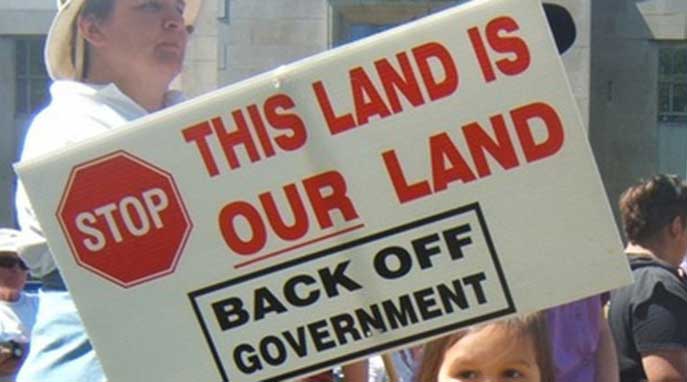 On July 18, the federal government announced a plan to reduce emissions from the oil and gas sector by 42 per cent in just eight years. To meet such targets, this policy would effectively stop all new projects in the oil and gas sector, as well as curtail existing ones.
On July 18, the federal government announced a plan to reduce emissions from the oil and gas sector by 42 per cent in just eight years. To meet such targets, this policy would effectively stop all new projects in the oil and gas sector, as well as curtail existing ones.
This would dramatically affect global energy security and hamstring one of Canada’s biggest economic sectors and a huge source of public revenues.
But my biggest concern is its economic impact on First Nations and Métis communities, businesses and workers across Canada. Tens of billions of dollars in wages, contracts and own source revenues are at risk. And yet almost no consultation – let alone informed consent – has been pursued.
Here is one example of why this proposed cap is so worrisome. There is a booming LNG industry being developed that will provide significant equity and other economic benefits to Indigenous peoples. It includes four separate pipeline projects, two LNG terminals under construction, two proposed Indigenous-led LNG terminals (Cedar and Ksi Lisims) and upstream production in the Treaty 8 region. Not only is the world desperate for more LNG exports, which we can provide, but it would displace the burning of coal in Asia and elsewhere, lowering global GHG emissions.
 |
| Related Stories |
| Oil and gas benefits threatened by too-fast emissions reduction plan
|
| The ruling exposes Ottawa’s Indigenous consultation failure
|
| Indigenous access to capital could be a game changer |
However, under the proposed policy, it’s hard to see how any of those can go ahead. In the worst-case scenario, they will be cancelled. In the best-case scenario, these projects will be subjected to unknown carbon taxes or forced to buy expensive allowances that will have to be drawn from the profits Indigenous nations who have equity stakes would otherwise earn for themselves.
When resource companies plan a project, they are required to consult with affected Indigenous nations and negotiate economic benefits in return for developing the resources on our territories. Through the federal government’s Impact Assessment Act, those companies must also identify all the ways – positive and negative – that their project will change “the health, social or economic conditions of the Indigenous peoples of Canada.”
And yet this emissions cap proposal has been introduced by the federal government without any assessment of the economic losses that Indigenous peoples will face from the policy – from jobs to training to revenues to infrastructure – and without any meaningful consultation of those nations, businesses and workers most likely to be affected. Before any decisions are made, shouldn’t we be given a calculation of what the costs to our communities will be?
Given that the government just passed legislation to ensure the laws of Canada are consistent with the United Nations Declaration on the Rights of Indigenous Peoples, one would hope that the emissions cap would respect its principles. But I don’t believe that it is, or can be, compatible with our rights as affirmed in UNDRIP:
- To own, use, develop and control our lands, territories and resources.
- To freely pursue our economic, social and cultural development.
- To be secure in the enjoyment of our own means of subsistence and development, and to engage freely in all our traditional and other economic activities.
The choice the federal government is offering is not whether to have an emissions cap or not, but between two narrow policy options – a cap and trade system or carbon pricing – identified without our peoples’ input. None of this is compatible with the standard the government set for itself of free, prior and informed consent.
If some nations choose not to engage in oil and natural gas production, that is their right. If some nations choose to engage, that is also their right. The federal government should not and cannot be the one to determine for Indigenous nations what that choice should be. Yet that is exactly what the proposed emissions cap does.
Respecting our self-determination is one of the most important steps toward achieving some form of reconciliation for the harms done to our people in the past. That means allowing Indigenous communities to develop their natural resources how they see fit. It is hard to see how this emissions cap respects our rights, or how it will obtain our consent to go ahead. Perhaps that is why we were not asked.
Bob Merasty is the Executive Director of the Indigenous Resource Network.
For interview requests, click here.
The opinions expressed by our columnists and contributors are theirs alone and do not inherently or expressly reflect the views of our publication.
© Troy Media
Troy Media is an editorial content provider to media outlets and its own hosted community news outlets across Canada.


